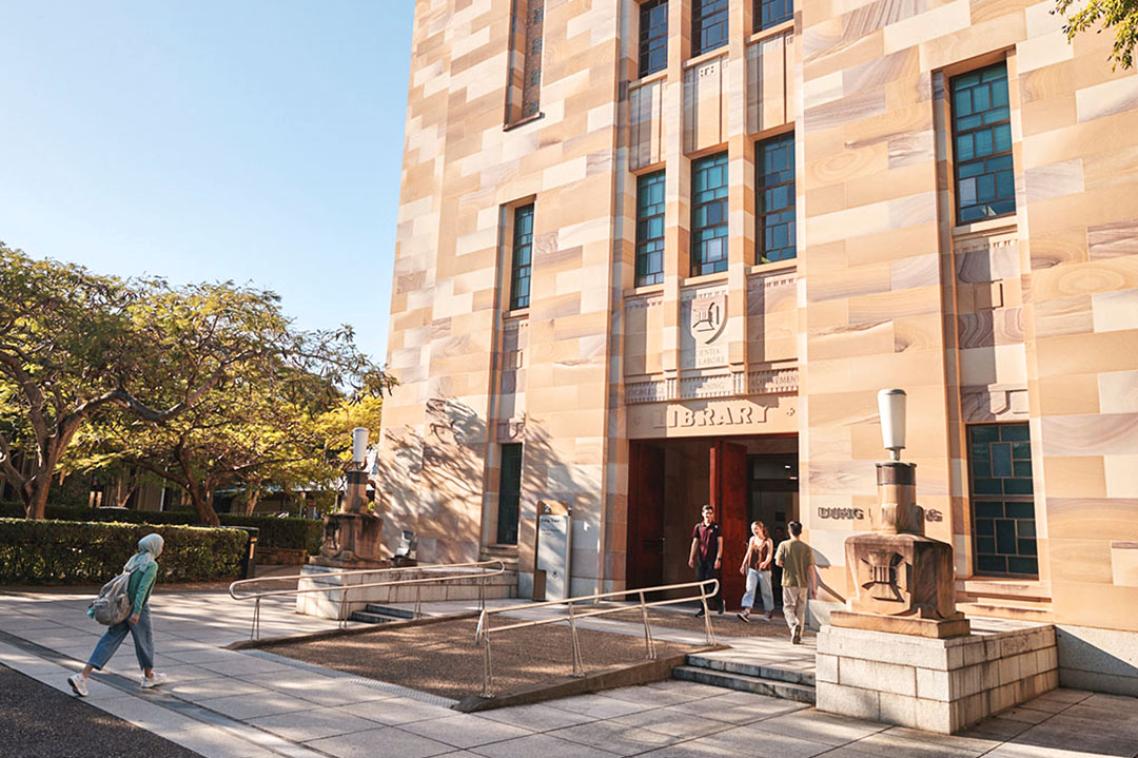
Open research
Support for open research
We provide:
- advice on open publishing pathways, retaining author rights and copyright
- support for research data management and publishing research data sets and software
- support for UQ eSpace, UQ’s record of scholarly research for global visibility of your research.

Benefits of open research
Open research advances collaboration and interdisciplinary efforts and helps deliver on the commitment to open research underpinning UQ’s Research Roadmap.
Share your research outputs
By making research accessible to all, UQ aims to foster innovation, benefit researchers, and positively impact society. Sharing research outputs allows everyone to access and benefit from research publications, methodologies, software, data and code.
Preregister your research
Open access publishing
Open research data
Open software
Read and publish agreements
Journal search
Use Journal search in UQ eSpace to find quality open access publishers in your discipline.

Open research in practice at UQ
UQ Library's Open Research Fellowship provides UQ researchers with the opportunity to explore and implement open research practices relevant to their disciplines.
Open education
Open education is the sharing of educational resources, tools and practices openly, to improve access to high quality education for all.
Find out how to adopt open practices in your teaching.
